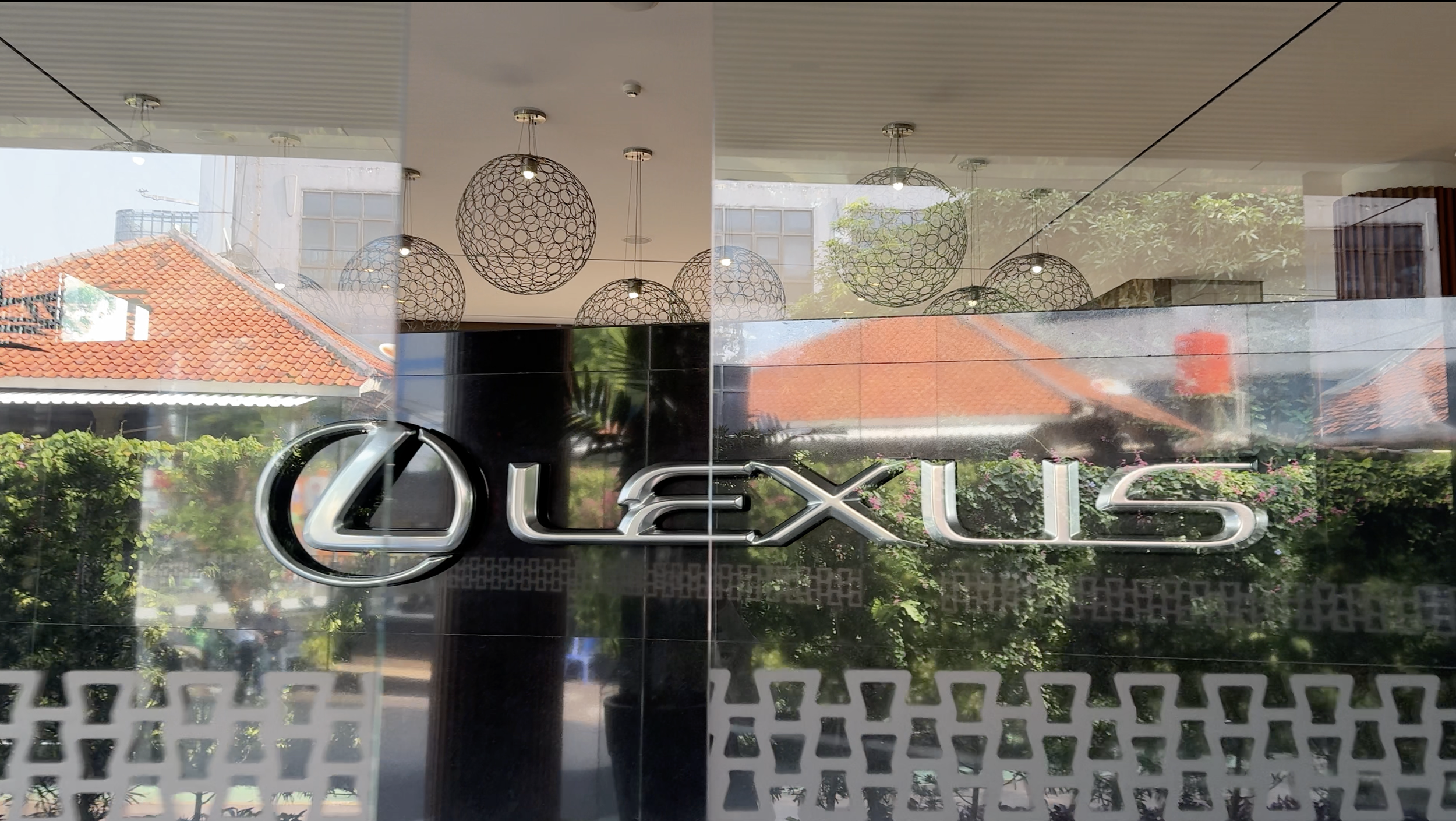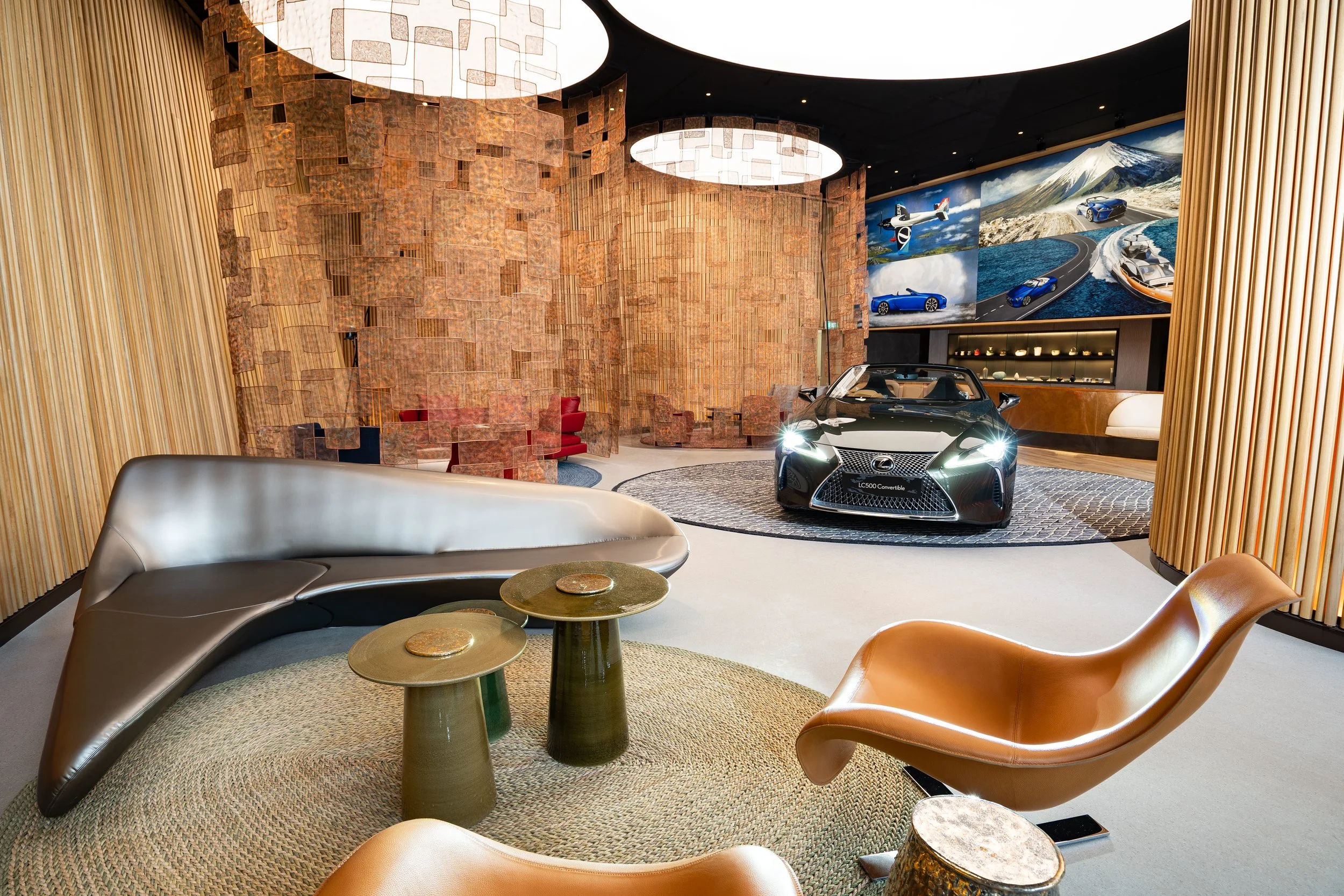The real difference between luxury and premium in practice
A perspective by Ante Merediem (AM)
Luxury and premium are often spoken in the same breath. But research shows they operate in two different psychological spaces, and we can also confirm this based on our experience.
According to a Bain & Company study on the global luxury market (2023), Premium is driven by performance and quality. Luxury is driven by identity, emotion, and cultural meaning.
The race for consumer attention has encouraged many premium brands to borrow the symbols of luxury, from polished visuals to curated language. Yet most of these efforts remain surface-level. Only a handful of brands succeed in creating the emotional resonance that defines true luxury.
And that brings us to the essential question:
What truly sets true luxury apart?
Research from the EHL Institute of Hospitality finds that luxury is defined by emotional value, not material value.
Premium is objective: durability, comfort, features.
Luxury is subjective: meaning, emotion, belonging.
Deloitte’s Global Luxury Power study confirms this shift. Modern consumers expect consistent, immersive experiences. Luxury loyalty is driven by empathy, anticipation, and personalization. A product alone cannot create luxury, experience completes the value.
This is where we believe that Lexus stands apart in positioning its brand.
LEXUS, A MASTERCLASS IN MODERN LUXURY
From philosophy to execution, Lexus proves that true luxury is not created by aesthetics alone, but by beliefs, culture, and deep craftsmanship.
Their global principle is simple yet profound:
“Experience Amazing.” This is not a tagline.
This is the backbone of how Lexus designs every moment of interaction.
And Lexus Indonesia has become one of the most exemplary implementations of this philosophy in the region.
Omotenashi: The heart of Lexus
Lexus is built on Omotenashi, the Japanese philosophy of wholehearted, anticipatory hospitality. Omotenashi means:
• Welcoming people with sincerity
• Anticipating needs before they are expressed
• Expressing respect through space, silence, flow, and warmth
• Leaving people better than when they arrived
This philosophy is not cosmetic, it is operational. You can feel Omotenashi across every Lexus touchpoint in Indonesia.
Omotenashi at Lexus is expressed consistently throughout the customer journey, from the earliest awareness stage, to the purchase moment, and through ownership.
Below, we break down each principle and how Lexus, supported by AM, brings it to life.
1. Welcoming People with Sincerity
In every Lexus Gallery in Indonesia, customers are greeted with genuine warmth. The welcome is never transactional.
When entering a Lexus Indonesia Gallery, guests first encounter a striking black wall in the lobby. This is intentional.
It symbolizes that no one should be judged by where they come from, a quiet reminder that every guest is welcomed equally, with dignity and respect. Security personnel greet visitors warmly, followed by the receptionist who continues this gracious welcome.
Black wall - Lexus Mampang Gallery
2. Anticipating Needs Before
They Are Expressed
This is one of the core differentiators of luxury. Lexus staff are trained to anticipate every need:
Remembering the preferences of returning customers
Preparing solutions before customers ask
Ensuring a seamless gallery-to-service journey
Offering high-quality refreshments and comfort without request
This anticipatory mindset defines how Lexus treats people, as individuals whose needs are understood before being spoken.
The LC 500h Brochure by AM, As Part of Anticipation
All Lexus Indonesia brochures are crafted by AM, each designed to reflect Lexus’ philosophy and luxury principles with precision. The most recent example is the LC 500h brochure, where luxury communication follows luxury behavior.
For us brochure isn’t just a brochure, it is a luxury touchpoint designed to meet customers’ emotional expectations.
3. Expressing Respect Through Space
While anticipation focuses on people and actions, this principle focuses on the environment as a form of respect. Every Lexus Gallery in Indonesia is intentionally designed to communicate privacy and emotional comfort, through:
• Calming lighting
• Japanese-inspired interiors
• Spatial layouts that offer privacy
• Curated greenery for harmony
• Signature scent and ambient music
In Omotenashi, space is part of the hospitality and warmth creates a sense of belonging.
Immersion by Lexus, Indonesia
4. Leaving People Better Than When They Arrived
According to Bain’s Luxury Aftercare Report, after-sales is the strongest driver of long-term loyalty in the luxury industry. Lexus Indonesia elevates this stage far beyond the traditional understanding of after-sales service.
They create an experience designed to make every owner feel safe, valued, and at ease:
Peaceful lounges during service
Personalised refreshments based on customer preferences
Warm yet unobtrusive hospitality
But Lexus goes even further.
L-Fast Emergency Service (24/7)
A dedicated emergency response team on motorcycles, available 24/7 to support customers whenever unexpected situations occur.Home Service Experience
For customers who prefer not to visit the Gallery, Lexus brings the experience to their doorstep. Not just routine servicing, but a complete hospitality experience, from entertainment to refreshments delivered with the same level of refinement as their Gallery.
This is not just after-sales.
It is Lexus’ way of ensuring that every interaction ends with one clear outcome:
the customer leaves better than when they arrived.
Seasonal Greeting Cards
AM also supports Lexus Indonesia in creating never-ending connection touchpoints through Seasonal Greeting Cards. These cards are crafted as exclusive keepsakes, designed to spark interaction, deepen emotional resonance, and make every customer feel personally remembered by the brand. Each season becomes an opportunity to nurture loyalty through thoughtful storytelling and refined design.
The temptation to imitate
As we observe, brands that imitate luxury codes without authentic roots lose credibility faster than brands that stay true to themselves.
Lexus succeeds not because it copies luxury aesthetics, but because it stays rooted in:
• Japanese philosophy
• Craftsmanship culture
• Hospitality tradition
What brands must understand
The future of luxury is experience-led, not product-led. Consumers reward consistency of intention. Emotional precision is the biggest competitive advantage.
Luxury is not what a brand makes. Luxury is how a brand makes people feel, consistently, authentically, purposefully.




